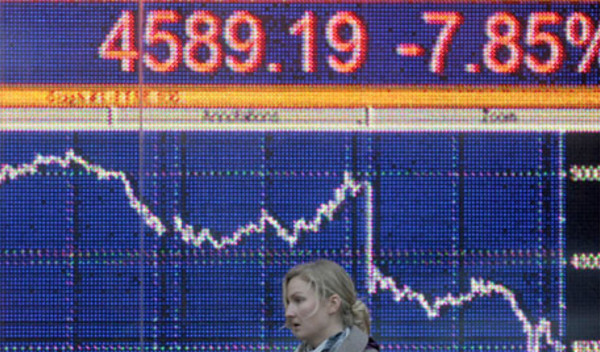

While investing with a star manager is reassuring, it might not be best for long-term returns. Like sports stars, some star managers endure while others flame out suddenly. As in sports, it can be hard to predict when a winning streak will run dry or sharply reverse course. Star managers’ success also often acts against them. Investors flock to managers who have achieved great recent returns, but large inflows leave high-performing managers with two bad options.
The first is to recommend more stocks, either by stretching their research efforts or lowering the bar for investment. The second is to keep the number of stocks steady, but only invest in larger ones that can accommodate more capital. That handicaps the manager’s ability to move the portfolio to the areas of greatest opportunity, which can be costly. After all, market inefficiencies are rare and difficult to uncover, while the pockets of relative value can change considerably over time.
Then there is the issue of longevity. The average fund manager is approximately 45 years old. At that point they are half way through their career, whereas an investor in their 20s is only just starting to invest, with their retirement more than 40 years away. That means no star fund manager is going to be a one-stop solution.
A good succession plan can work in theory, but nurturing an heir is no easy task. The star may appoint a successor, but that person can go untested because – by definition – a star system means there is only one decisionmaker directing client capital.
Key points
- Investing with a star manager might not be good for long-term returns.
- Identifying investments requires specialisation.
- Blending the stock picks of a small number of individuals into a single portfolio is one way of stock-picking.
Using a sporting analogy, footballer Luis Suarez’s 31 goals in 33 league games propelled Liverpool FC to within two points of clinching the Premier League title in 2014. He left for Barcelona the next season, but Liverpool appeared to be in good hands, as its young English talent, Daniel Sturridge, scored 21 goals in 29 games. Since Suarez’ departure though, Sturridge has notched a mere 16 goals in 58 games. Liverpool finished sixth the next season and dropped to eighth the following. Reds fans learned the hard way how disruptive a star’s departure can be.
So, what is the solution? When it comes to investing, it is not as simple as putting a few stars together around a table. The key benefit of investing globally is that it provides more opportunities to find cheap stocks.
But capitalising on that breadth of opportunity can be difficult because identifying great investments requires specialisation. After all, it takes time to understand and evaluate a business and the best investors do so with a detailed insight into the key challenges facing the company and the industry in which it operates. Honing that deep knowledge allows them to evaluate how attractive a stock is compared to other opportunities available.
For these reasons, there is a limit to the number of effective investment decisions one person can make without diluting the quality of those decisions.
Great investing also demands bold decisions, which are best made by individuals, not groups working by consensus. For a team approach to be well structured, therefore, it needs to allow individuals to think and act independently, but also for them to ideally enjoy an element of constructive challenge through a peer review process.
That argues strongly against building a large monolithic team. First, smaller research teams with distinct areas of focus can provide an energising, innovative and dynamic environment. Veteran stockpickers are more accessible in smaller teams, so junior analysts help and gain valuable exposure to them.
Second, by embedding the different teams in locations around the world, a broader range of perspectives can be gleaned, which helps counter tendencies towards “groupthink”.
It is a good idea to use an approach of blending the stock picks of a small number of individuals into a single portfolio. This might be much harder to explain to outsiders and to the market, but it provides much greater resiliency than a process that is dependent on a single star.
To continue the sporting analogy, all players get match experience and are subject to constant evaluation to earn their spot. They make each other better through a process of continuous practice, learning and evaluation. This keeps the starting team sharp, while the inherent organic development and renewal process builds sustainability.
True, multi-decade sustainability requires a means to refresh the starting line-up over time. It is why it is important to spend a great deal of effort identifying and nurturing the stockpickers of tomorrow within all of each research teams so they are ready to step up and run with the baton when the time comes. This work, in particular, only pays off over the very long-term, but it is an important, ongoing, part of the service we can provide to clients.
Dan Brocklebank is head of UK at Orbis Investments



